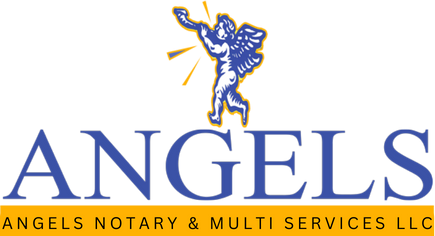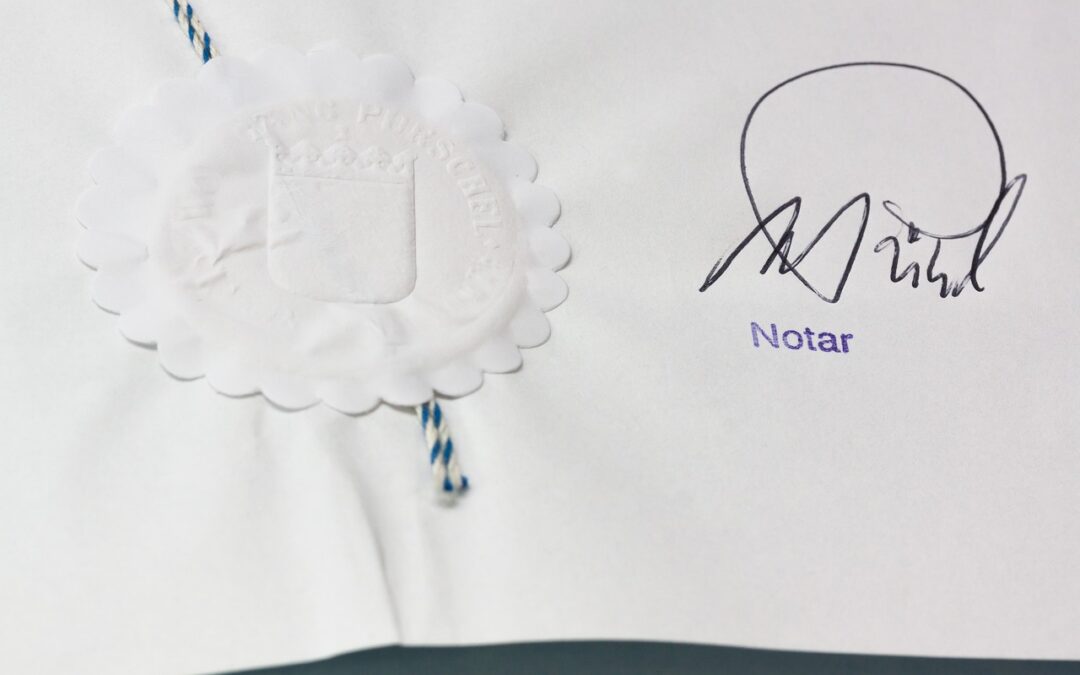Apostilles and legalization are critical aspects of international transactions that require meticulous attention to detail. These processes can often be complex, and understanding them is crucial for the successful execution of cross-border dealings. The role of a notary in this context is pivotal. This article aims to provide an insightful examination into the intricate world of apostilles and legalization in international transactions and elucidate the essential role of a notary in this domain.
From authenticating documents to certifying their validity for use in foreign nations, a notary becomes a key facilitator in international transactions. However, the path to obtaining an apostille or achieving legalization is fraught with numerous legal nuances and technicalities that can be daunting for the uninitiated. This article will shed light on these complex procedures and the pivotal role that a notary plays in navigating the labyrinthine paths of international legalization processes.
Legalization and apostilles, while being different processes, both aim to certify the authenticity of documents for international use. Legalization is a more time-consuming process involving multiple levels of certification, while an apostille is a streamlined method used among countries party to the Hague Convention. Understanding the role of a notary in these processes is essential for anyone involved in international transactions.
Understanding Apostilles and Legalizations
To appreciate the role of notaries in international document processing, it’s important to distinguish between apostilles and legalizations:
- Apostilles: An apostille is a specialized certificate issued by a designated authority in a country that has signed the Hague Apostille Convention, facilitating the recognition of legal documents between member countries. It streamlines the process by eliminating the need for additional authentications or legalizations.
- Legalizations: Legalization is a more complex process used by countries not party to the Hague Apostille Convention. It involves a series of authentication steps, often including the involvement of various government agencies and an embassy or consulate, before the document is legally recognized in the foreign country.
The Notary’s Crucial Role in Apostilles and Legalizations
Notaries play a critical role in the process of obtaining apostilles and legalizations:
- Notarization as a Prerequisite: Notarizing a document is often the first step in obtaining an apostille or initiating the legalization process. A notary public’s signature and seal verify the authenticity of the document and its signatories, a crucial base for further processing.
- Chain of Authentication: Notaries form part of the chain of authentication, linking local authorities, state departments, and embassies or consulates, ensuring a smooth process for the apostille or legalization.
- Notary Expertise and Guidance: Notaries, such as the team at Angels Notary and Public Tag Service, possess valuable knowledge of the apostille and legalization processes, guiding their clients through the labyrinth of international document recognition.
Steps to Obtain an Apostille or Legalization in Louisiana
Navigating the apostille or legalization process in Louisiana involves a series of essential steps:
- Document Notarization: Begin by having your document notarized by a licensed notary public in Louisiana if it requires notarization. However, some documents such as vital records do not require notarization.
- Apostille Requests: For documents destined for countries party to the Hague Apostille Convention, mit the notarized document, along with the required fees and a cover letter containing contact information, to the Louisiana Secretary of State’s Office. They will process the apostille and return the document with the apostille certificate attached.
- Legalization Process: For countries not party to the Hague Apostille Convention, the legalization process begins by mitting the notarized document to the Louisiana Secretary of State for authentication. Afterward, mit the authenticated document to the U.S. Department of State for federal authentication, and finally to the applicable foreign embassy or consulate for legalization.
Partnering with Angels Notary and Public Tag Service for Successful Apostilles and Legalizations
Angels Notary and Public Tag Service provides invaluable support for those seeking apostilles and legalizations:
- Expert Guidance and Information: The experienced team at Angels Notary delivers accurate information and guidance on the apostille and legalization process, ensuring clients are well-equipped to take necessary actions.
- Comprehensive Notarial Services: Angels Notary offers a wide range of notary services, including document notarization, as well as faxing and emailing services to facilitate a seamless apostille or legalization process.
- Accessible and Customer-Focused: With mobile and after-hours notary services available by appointment, Angels Notary is committed to meeting their customers’ needs in the most convenient way possible.
Understanding a Notary’s Role in Apostilles for International Transactions
Understanding the intricacies of apostilles, legalizations, and notarization is essential for ensuring a smooth and legally sound international transaction process. By collaborating with experienced notaries such as those at Angels Notary and Public Tag Service, you can trust that your documents will be correctly notarized and prepared for international recognition.
Our expertise, dedication to customer satisfaction, and comprehensive notary services in Louisiana provide the support required to navigate the complex world of apostilles and legalizations, ensuring your global affairs can be conducted with confidence.

